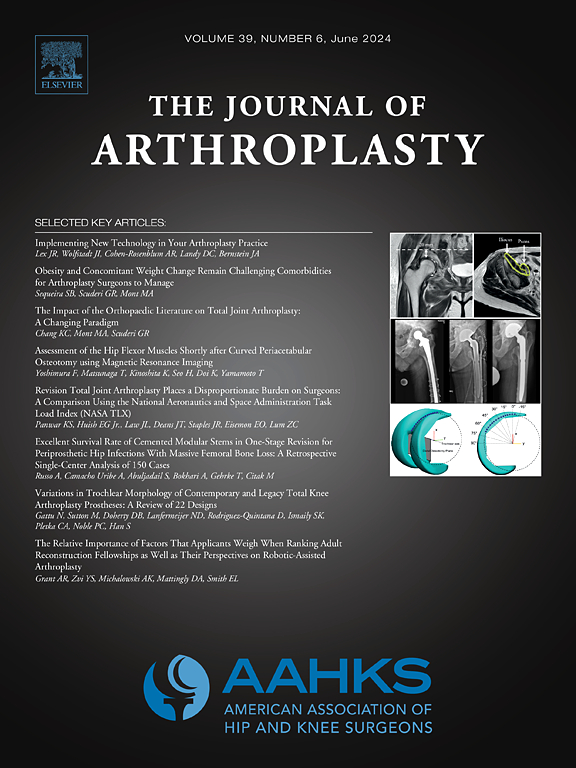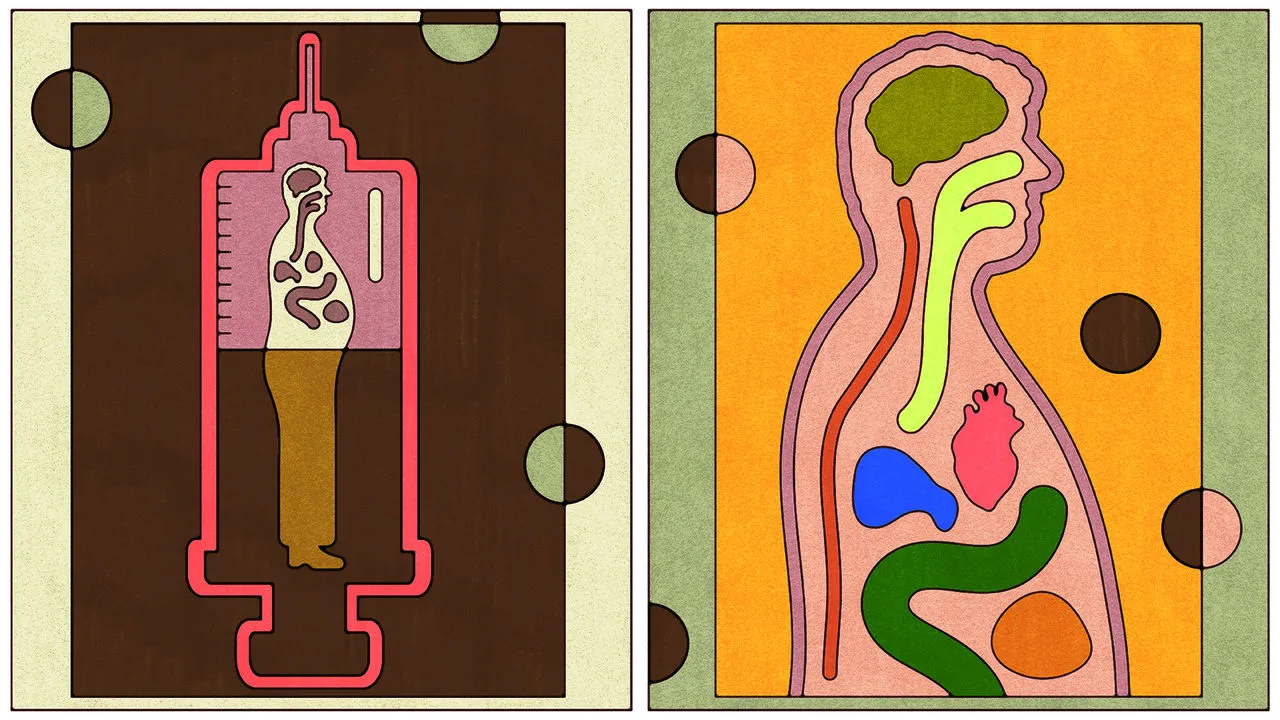A recent study published in The Journal of Arthroplasty has revealed unexpected findings regarding the effects of glucagon-like peptide-1 receptor agonists (GLP-1-RAs) on osteoarthritis (OA) progression. Initially approved for type 2 diabetes management and obesity, GLP-1-RAs were also thought to have potential therapeutic effects on OA due to their anti-inflammatory properties. However, the study found that diabetic patients using GLP-1-RAs had a higher risk of developing hip and knee OA over five years compared to those not prescribed these medications. This was observed in both obese and non-obese diabetic cohorts, with increased rates of major joint injections but no significant difference in total hip or knee arthroplasty rates. The study calls for further research to understand the long-term impact of GLP-1-RAs on OA progression and their efficacy in managing diabetes, weight loss, and arthritis development.
Title: The Paradox of GLP-1 Receptor Agonists: Increased Osteoarthritis Progression in Diabetic Patients





